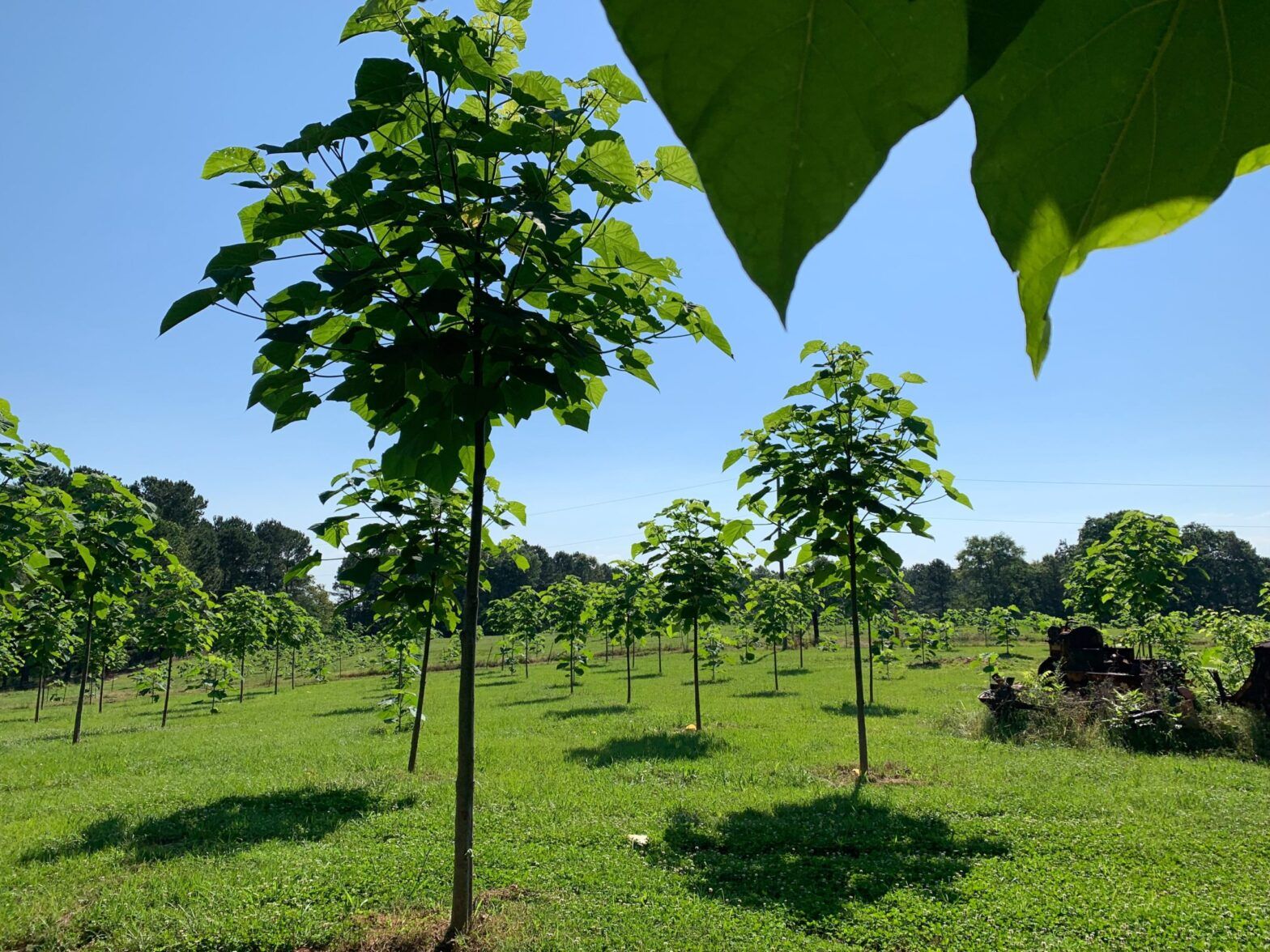I was born in Nanjing in China in 1991. Back then, my parents earned around RMB 1,000 ($150) per month. We lived in a flat without central heating where their bedroom also served as our living room. But we were already among the lucky ones. At that time, two thirds of the Chinese population lived in poverty and GDP per capita was only $1,500.
We all know what’s happened since. State planning gave way to a market-driven economy and China experienced phenomenal economic growth. Scroll forward to today, and China’s poverty rate has fallen to single digits, while the country is home to some of the most innovative companies in the world. Today, even people in poorer communities have better living conditions than my parents did 30 years ago. Such is the power of economic growth.
There has long been a debate about whether such growth can be sustainable. Influential thinkers, from the English demographer Thomas Malthus to the American biologist Paul Ehrlich, argued that the growth of the human population would outstrip our planet’s ability to feed us, resulting in famine and starvation. Yet, in the 200 years since Malthus penned his theory, the human population has increased from 1 billion to almost 8 billion, while the share of people living in poverty has reduced from 90% to 10%. Innovation, I believe, is the reason we have avoided Malthusian catastrophe. As the Nobel Prize-winning economist Paul Romer wrote, “Every generation has perceived the limits to growth that finite resources and undesirable side effects would pose if no new recipes or ideas were discovered. And every generation has underestimated the potential for finding new recipes and ideas.”
As society faces sustainability challenges, including climate change, the most valuable thing the investment community can do is to support innovation and entrepreneurship by providing long-term, patient capital. As clients show growing interest in sustainable investing, financial advisors need to know the landscape in order to offer valuable guidance. Here are a few areas we believe present exciting opportunities:
ENERGY TRANSITION
Today, 80% of our energy supply comes from fossil fuels. In addition to the obvious environmental damage they inflict, fossil fuels are limited. They take millions of years to create but, at our current rate of consumption, we will deplete them in a fraction of that time. We need to find a more sustainable alternative quickly.
The most promising strategy for energy transition is to electrify all our energy consumption and supply all electricity from clean renewable sources, such as solar, wind and hydro. Companies pioneering offshore wind are at the forefront of this evolution. Having helped lower the cost of offshore wind in Europe, these companies are taking their technology global, expanding to countries such as the U.S., Taiwan and Japan. In 2019, one leading company’s heat and power generation helped to avoid 11.3 million tonnes of CO₂ emissions. To overcome renewable energy’s intermittency challenge, we also need better storage and grid technologies. Companies working to solve these issues will present exciting investment opportunities over the long term.
SUSTAINABLE FOOD AND AGRICULTURE
The UN medium-variant projection forecasts there will be nearly 10 billion people on Earth by 2050. In addition, more will be demanding a developed world diet. It’s expected that global food production will need to increase by between 25% and 70% to meet this rising demand. At the same time, agriculture has an enormous environmental impact.
Fortunately, many innovations can help make agriculture more sustainable while meeting growing food demand. A good example is precision agriculture. By combining technologies including sensors, satellite communication and software, companies are helping farmers to increase yield while using fewer fertilizers and pesticides. Plant-based protein is another interesting opportunity. Companies in this industry aim to make plant-based food mainstream by appealing to traditional meat eaters with products that mimic the taste and texture of animal protein. Longer term, indoor vertical farming is also a promising technology, potentially reducing water consumption, food waste and pesticide usage.
INCLUSIVE DEVELOPMENT
Since the Industrial Revolution, we have made tremendous progress at lifting people out of poverty and improving living standards. However, more needs to be done. Around 700 million people are still stuck in poverty.
We are excited by the opportunity of leveraging digital and mobile technologies to deliver essential services in a more accessible manner. Some companies have created mobile money services for customers to help them to save, pay for goods and services and remit cash to family and friends. A 2016 study by researchers from MIT and Georgetown University estimated one leading company’s mobile money service helped lift 194,000 householders out of poverty. The potential for digital and mobile technologies extends beyond financial services and includes improving education and supporting smallholder farmers.
Innovation plays a huge role in ensuring that future economic growth is compatible with the obvious environmental boundaries. Financial advisers are uniquely positioned to help investors understand the long-term opportunity to support such innovation. This means helping clients think about the next 5, 10 or 20 years, while also stressing the appetite for risk and the patience required to back companies over long time periods. Ultimately, we believe that entrepreneurship and innovation, when directed at solving societal challenges, can be a powerful force for positive change. For advisors working with patient investors, it’s a great opportunity to be part of some of the most exciting businesses of the future.
Lee Qian is investment manager of the Baillie Gifford Positive Change Equities Fund.








